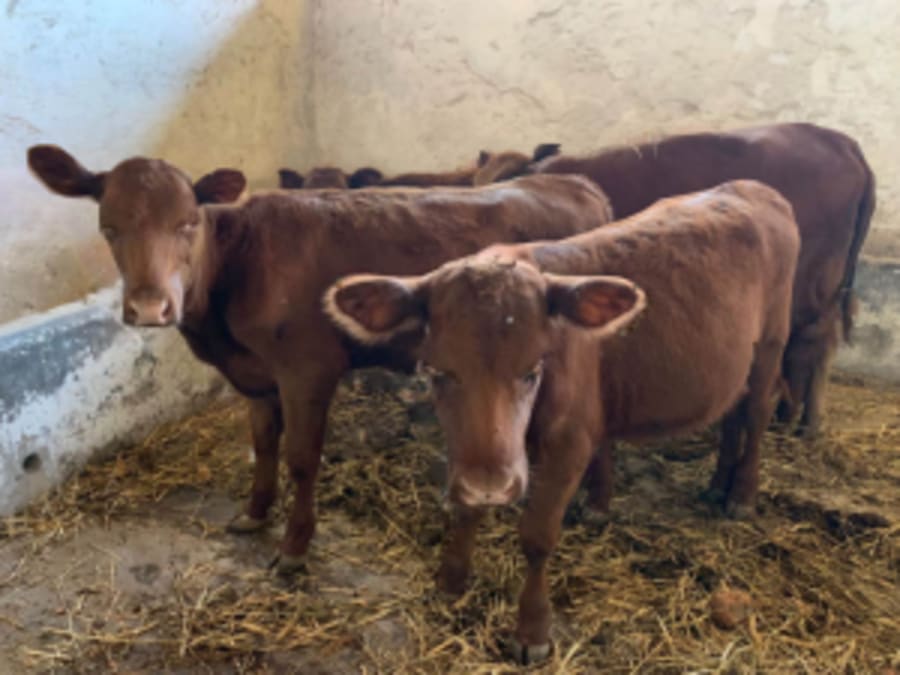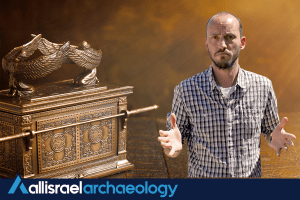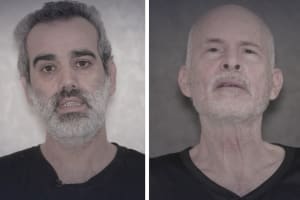'British Schindler' Sir Nicholas Winton remembered amid rising antisemitism in the UK and across the world

With the Kindertransport memorial in Berlin having been vandalised recently, along with a frightening rise in antisemitism in the United Kingdom and elsewhere, stories of Holocaust rescue are vitally important to recount. To mark International Holocaust Memorial Day on Jan . 27, Israel-based journalist, Paul Calvert, has been interviewing researchers and survivors.
Tamar Taylor is a British lady who completed a master's degree in Holocaust Studies, at Haifa University. She is now part of a ministry called 'Repairing the Breach,' a group of British people seeking to make amends for mistreatment of Jewish people under the British Mandate, in particular the prevention of entry into then Palestine to desperate Jewish refugees fleeing Nazi Europe in the 1940s. Paul Calvert spoke to Tamar about her interest in this subject.
PAUL CALVERT: Why did you want to study the Holocaust?
TAMAR TAYLOR: Okay, it goes back a long way. Many years ago, when I was 16, I was a very new Christian. I was at a school in north London which had a lot of Jewish people attending. So my curiosity was already piqued a little bit about Jewish people and their faith. But I was studying History for my A-levels, and I went into the school library and just saw this word 'Holocaust.' And believe it or not, at that time, it really wasn't talked about. I just picked out a book, and the first book I read was Elie Wiesel's 'Night,' which I don't know if you've heard of it, but it's his story as a boy being in Auschwitz. And I just wept through the whole book as a 16-year-old; I couldn't comprehend it. And I just believed then that God was doing something deep in my heart about just the horror of the Holocaust, and deeper than that, connecting me in a way to the Jewish people and then consequently to Israel. And when we came to Israel to actually do volunteer work, I saw an opportunity at Haifa University that they were offering an MA in Holocaust Studies. And although in that period of time, from 16-year-old, up to when I saw that, I just felt, I need to learn more about this.
So, I went for it, and I got in, and it was just an amazing study time for me of really, really connecting with the whole story. And of course, consequently meeting many, many Holocaust survivors in Israel.
CALVERT: Is it a very emotional subject to study?
TAYLOR: Very emotional on one level... I love history, so, it was also learning really just historically the rise of Nazism, how the whole thing unfolded and became the Holocaust; and it was stages. And it's interesting because of what's going on now, you can just see some parallels, particularly with the rise of antisemitism that's going on right now globally. So yes, it was emotional when you heard personal stories, very, very emotional. But the historical part of it was also fantastic to learn.
CALVERT: One of your papers was about a man called Nicholas Winton. Can you tell us a bit about him?
TAYLOR: Well, there's a film that has just been released called 'One Life', and if you get an opportunity to see it, I would definitely say to go and see it because you will hear his story. And it's actually pretty much an accurate portrayal of him and the work that he did. He was actually a stockbroker working in London, just living a fairly ordinary kind of life, living with his mum at the time. But he had a friend who was a very keen Labour Party member, and he had gone out to Czechoslovakia. The background of the history was that this was after the Munich Agreement, trying to appease Hitler in the beginning of 1938, going right through 1938, and ended up with the allies, if you like, France, UK, Russia even, allowing Hitler to take over about 35% of Czechoslovakia at the time, because he claimed that it was actually German land. This resulted in a massive flood of refugees into the rest of Czechoslovakia, and there were already people out there working. But this friend of Nicholas Winton said, Can you come out? We're meant to be going on a skiing holiday, but can you come out and see this situation because it's absolutely horrendous.
And they had identified lots and lots of many unaccompanied children. And then as the months went on and things were getting worse and worse for families who were anti-Nazi, but particularly Jewish families, they were just fleeing from Germany, from Austria, and they were fleeing into Czechoslovakia.
So, Nicholas Winton, being an amazing organizer, he only spent actually three weeks in Prague, and he left behind an amazing team of other people there, who really got together to get these children out. And in the end, he succeeded in persuading the government to allow these children in as refugees, because it was quite a hard task that he had. And he managed to get families to sponsor these children. He got photographs of the children. Incredible task that he did in a very, very short time because, as you know, by September 1939, the war started.
But between March and September he managed to get 669 children safely out of Czechoslovakia and into Britain, with families that fostered them. Sadly, for most of those children who wouldn't have known at the time, most of them lost their parents in the Holocaust, so were actually orphaned.
And after all this happened, after the war, he kept this story to himself. It never became public until he was in his 80s. And you'll see the story in the film if you go to see the film. But basically, he starts to sort out all of the papers, and his wife is saying, "You need to sort all this out now." And he comes across a scrapbook, and it contains photographs of the children...
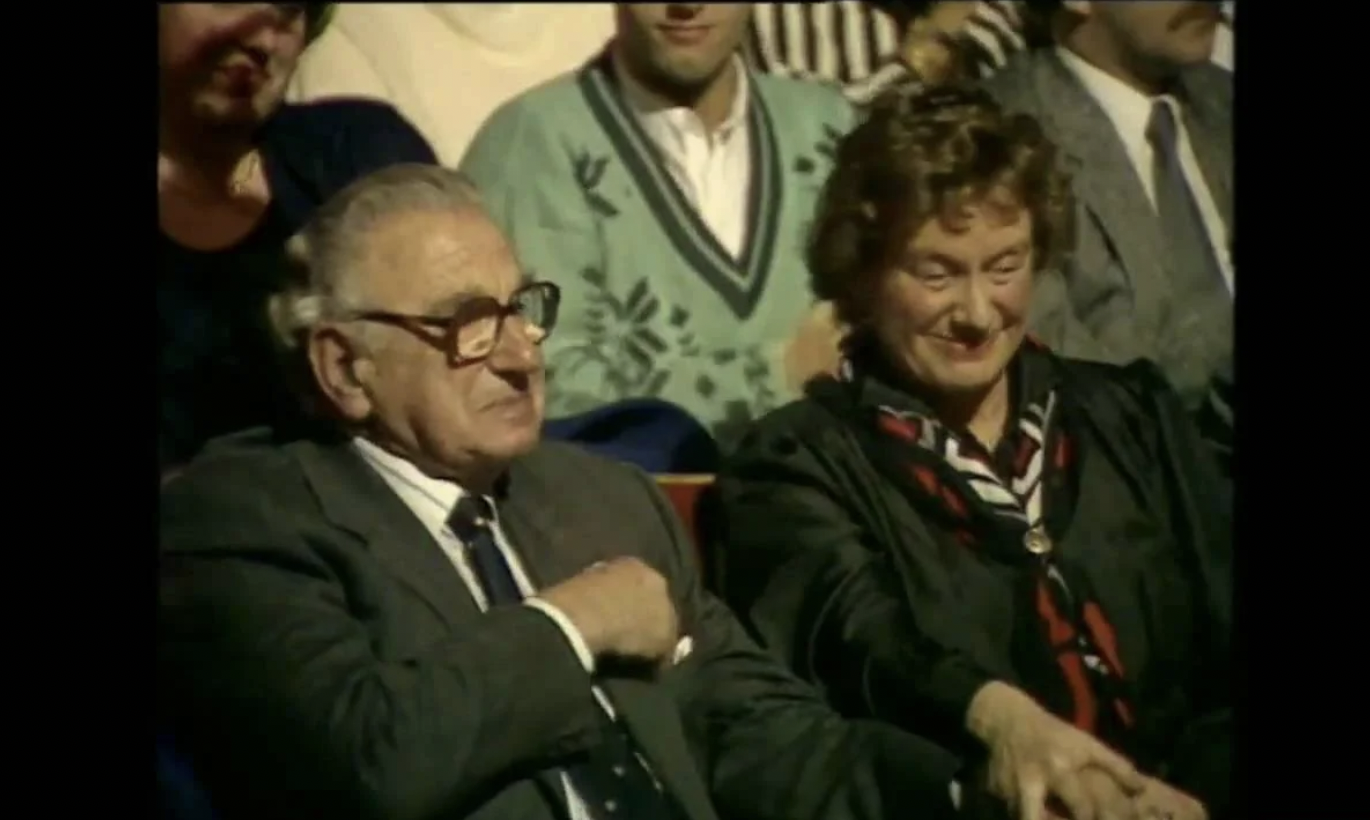
It contains letters to the government... It's a whole archive, really, of his story of what he did, and what others did, in Czechoslovakia. And to cut a long story very short, he then went on to a program called 'That's Life', through different contacts who began to hear this amazing story. He went on 'That's Life', with Esther Rantzen in the late 80s, and it's a very moving story of how, when he turns around and they ask people who were the children on these transports - who are now grown up with families of their own - and every single one in the audience stands up. Very moving time.
And from that time on, in his 80s, of course, the story just flooded, and he actually received a knighthood eventually. He had a film made about him in Czechoslovakia. There's a statue of him with children in Prague, in the railway station where the trains left. And he always did mention that there were many other people in Czechoslovakia, Prague, that really did risk their lives to get these children onto the trains. And they accompanied them... until they were forced to leave when the Nazis invaded Czechoslovakia and took over the whole country. So, an amazing story about him.

CALVERT: So he was a real hero to the Jewish people, wasn't he? Many lives were saved because of him.
TAYLOR: He was an absolute hero. And many of the children spoke afterwards, after the TV program, and basically said that they had spent years trying to find the person who had helped to rescue them, without success, until this program came. Some of the children ended up in Israel, but many of these children stayed in the UK and made lives for themselves there, and built up a lovely relationship with Nicholas Winton, who didn't actually die until he was 106!
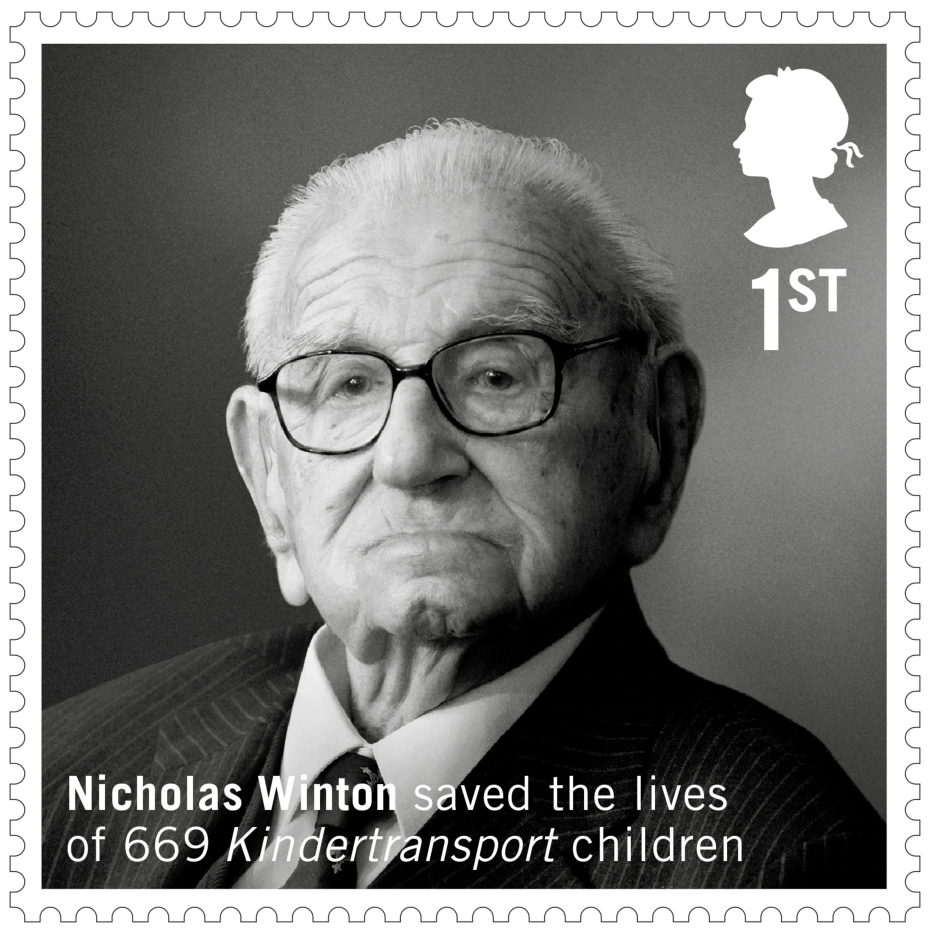
CALVERT: Wow. I imagine you're really pleased they made a movie about him and what he's done.
TAYLOR: I can't believe it. And because I love Anthony Hopkins anyway, and he plays the part so well, because... the greatest sorrow to him was that there was one more, I think it was the largest number of children that were about to leave, 250 children that were about to leave Prague when war broke out... and they were not allowed to leave. They sealed the borders. And we only know of one child out of that transport that survived. All the rest perished.
You just see that moment when he's just so emotional .... he always said that he wished that he could have saved more because there were, at one time, I think he had details of over 5,000 children that were desperately trying to leave. But even so, he has been called the "British Schindler." He wasn't very comfortable with that title, but I would see very much parallels with Oskar Schindler's efforts to save the Jewish people.
Click below to listen to the interview.
This article originally appeared here and is reposted with permission.
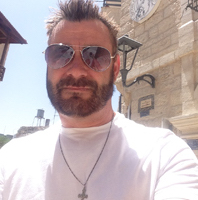
Paul is a Christian journalist based in the Middle East.




